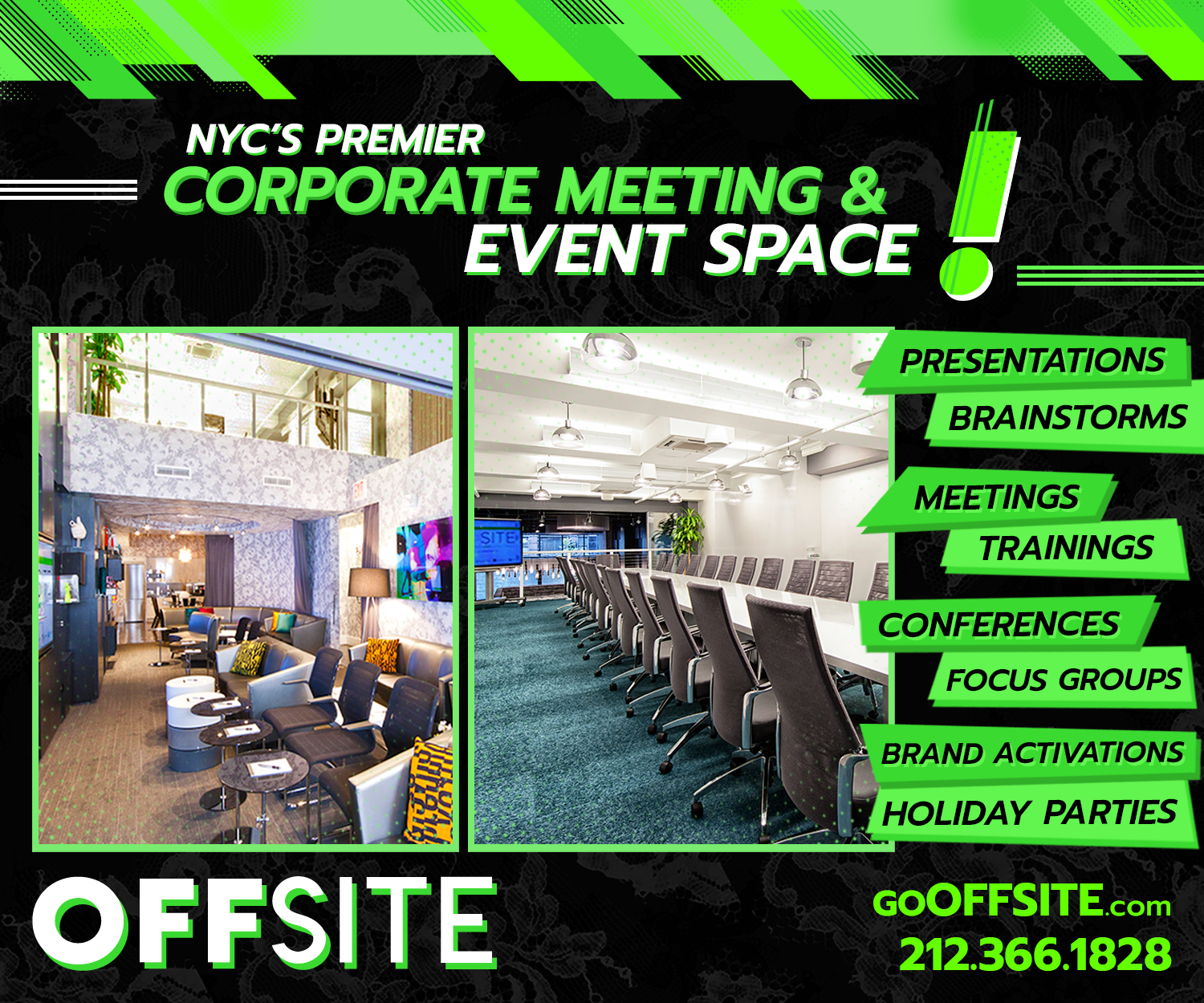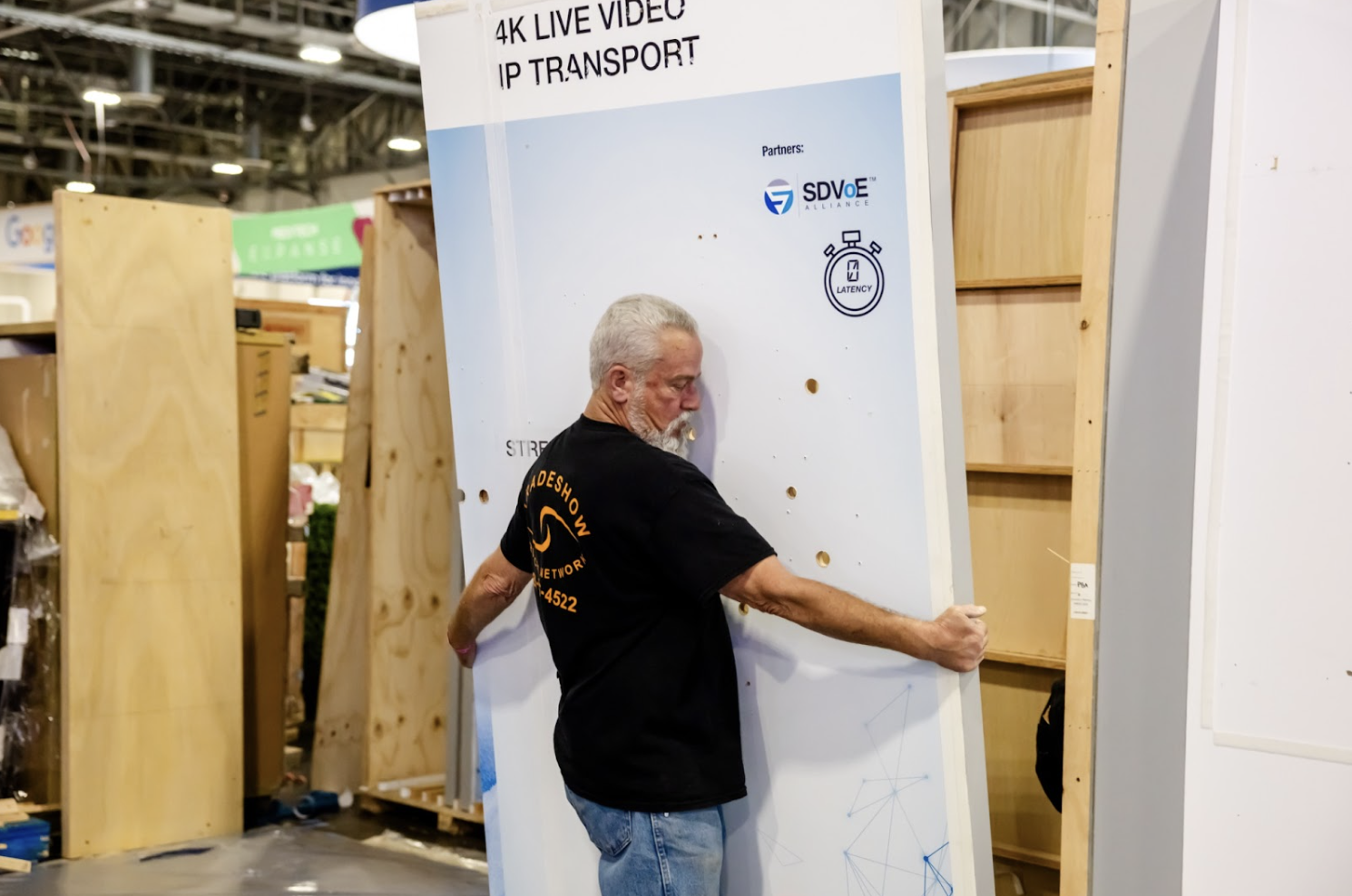When other industries showed up on Capitol Hill with battleships to gain legislative support after COVID, meetings and events arrived with “100 canoes.” So says Laura Palker, president and co-founder of the Events Education and Workforce Development Federation.
A longtime industry champion, Palker is undertaking a generational campaign to support event professionals from stage help and housekeeping to CEOs of large companies.
What sets Palker apart is that rather than just pound the drum to educate lawmakers about the importance of events, she is nearing her dream to inform and recruit talent that can become industry leaders themselves one day.
To that end, the Events Education and Workforce Development Federation is in the final steps of creating a curriculum dedicated to meetings and events that will be taught in schools across the country. It will include the six most recognizable tracks of the events industry and cover subjects ranging from leadership to safety. The idea is to attract young talent and build an ecosystem for the future.
The Invisible Industry
CBS news anchor Charles Osgood infamously labeled events as “The Invisible Industry” during a report that aired in the mid-1990s. His point was that few attendees and even less everyday citizens realize the work that goes into creating experiences that entertain, inform and energize audiences.
Despite trying to raise the industry’s stature after crises like 9/11, the Great Recession and COVID, “nothing has changed,” Palker laments.
At the same time, a wave of industry leaders began retiring during the pandemic. Many who survived that storm are now stepping to the side.
Leaning on industry icons like David Dubois, Nancy Shaffer, Dwayne Thomas, Todd Spencer and Erin Grabe for guidance and support, Palker reached out to industry icons Ira Rosen, Frank Supovitz, Dee Silfies, Betsy Earle and others offering another chance at giving back to meetings and events.
She is recruiting veterans to become officially licensed “experts” by the US Department of Labor as well.
The experts are the teachers and developers of the specialized curriculum for aspiring events professionals.
On the front end, the federation has crafted a relationship with educational consultant YouScience, which has a strong presence in the US school system and can facilitate a certificate program for pre-qualifying, good-fitting candidates for meetings and events.
An apprenticeship program is already underway in New York and will expand to New Jersey, While a stone’s throw away from the Big Apple, a program’s emergence in New Jersey is an important step, as the Garden State is entrenched in the federal department of labor and career and technical education network. That will open the door to 23 other states to run the program, Palker says.
Modernizing the National Career Cluster Framework for Career and Technical Education (CTE) established the Events Industry in the Department of Education.
In June 2024, the Modernized Framework was announced and introduced the “Hospitality and Events” category, which includes a subcluster covering conferences, exhibitions, meetings, trade shows and events. Funding for CTE is provided through Perkins Loans.
“It is a historic moment that we worked two years on,” says Palker.






